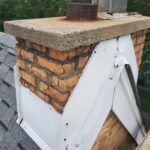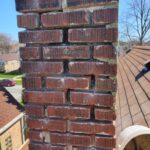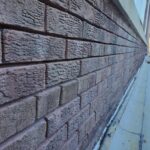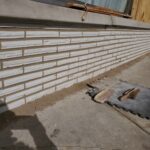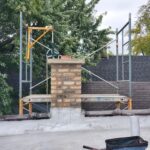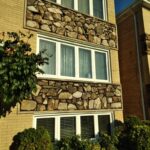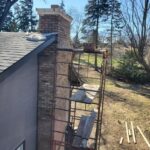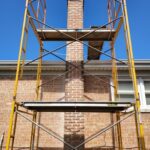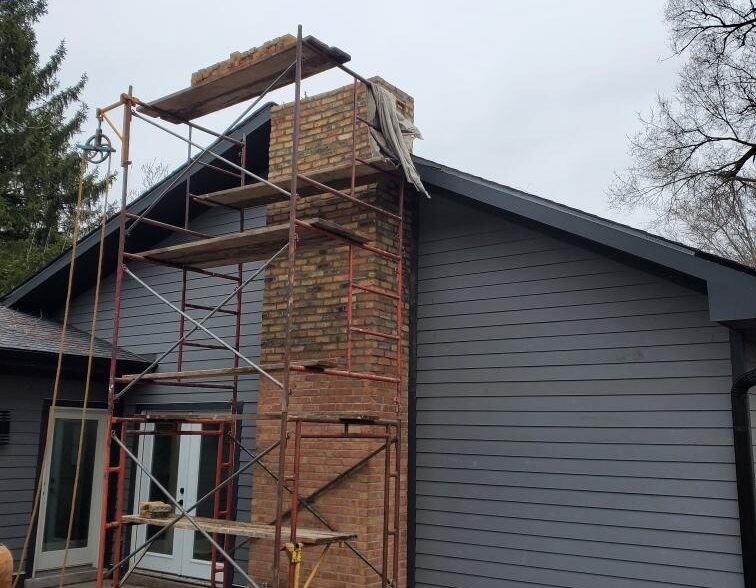
Chimney Repair Masonry Services at 777 Masonry Brick Corp
How do I know if my property needs tuckpointing?
Benefits of Chimney Restoration
Improved Safety
- Restores structural integrity, reducing the risk of chimney collapse or fire.
Enhanced Efficiency
- Repairs improve the draft, leading to better smoke ventilation and energy efficiency.
Weather Protection
- Restoration prevents water damage, leaks, and freeze-thaw cycles.
Aesthetic Appeal
- Restored chimneys enhance the visual charm of a building, especially for historic or decorative designs.
Extended Lifespan
- Regular restoration ensures the chimney remains functional and durable for decades.
Compliance with Codes
- Updated restoration brings the chimney up to modern safety and building code standards.
Cost Savings
- Timely restoration prevents more expensive repairs or a full rebuild later.
Benefits of Chimney Repair
01. Improved Safety
Restores structural integrity, reducing the risk of chimney collapse or fire.
02. Enhanced Efficiency
Repairs improve the draft, leading to better smoke ventilation and energy efficiency.
03. Weather Protection
Restoration prevents water damage, leaks, and freeze-thaw cycles.
04. Aesthetic Appeal
Restored chimneys enhance the visual charm of a building, especially for historic or decorative designs.
Why Choose 777 Masonry Brick Corp for Tuckpointing?
- Experienced Craftsmen
- High-Quality Materials
- Seamless Matching
- Chicago Expertise
Maintenance Tips for Chimneys
- Schedule annual inspections and cleanings.
- Apply a water-repellent sealant to protect against moisture.
- Regularly check for cracks, spalling, or leaning.
- Repair minor issues promptly to prevent further damage.
Frequently asked questions
How do I know if my chimney needs restoration?
Signs include cracked or missing mortar, damaged bricks, water leaks, a leaning structure, or inefficiencies in smoke ventilation.
What is the difference between repair and restoration?
Repair fixes specific issues like cracks or leaks, while restoration involves comprehensive work to restore the chimney to its original condition.
How often should a chimney be inspected?
Chimneys should be inspected at least once a year, especially before the heating season.
Can I use my fireplace during the restoration process?
No, the fireplace should not be used during restoration to avoid safety risks.
How long does chimney restoration take?
The time depends on the extent of the damage. Minor repairs may take a few hours, while a full rebuild can take several days to weeks.


